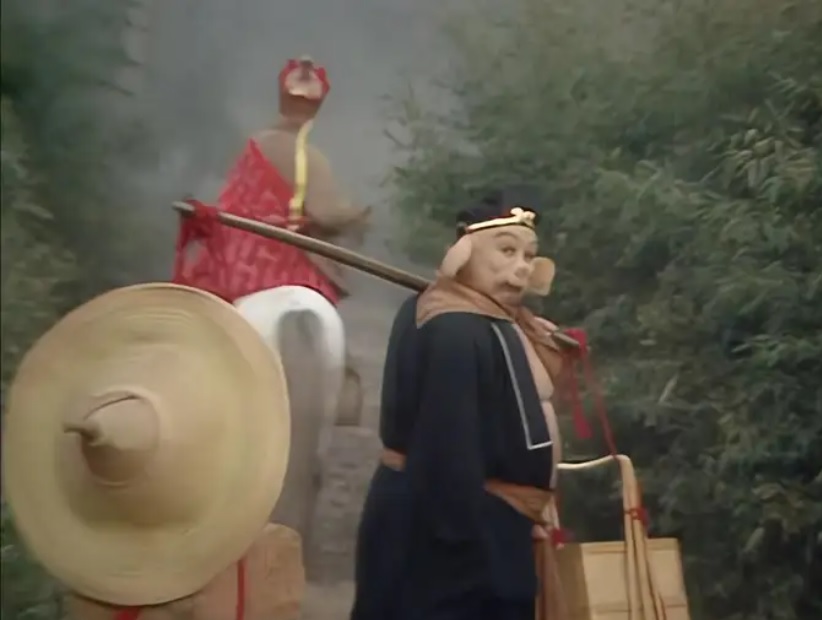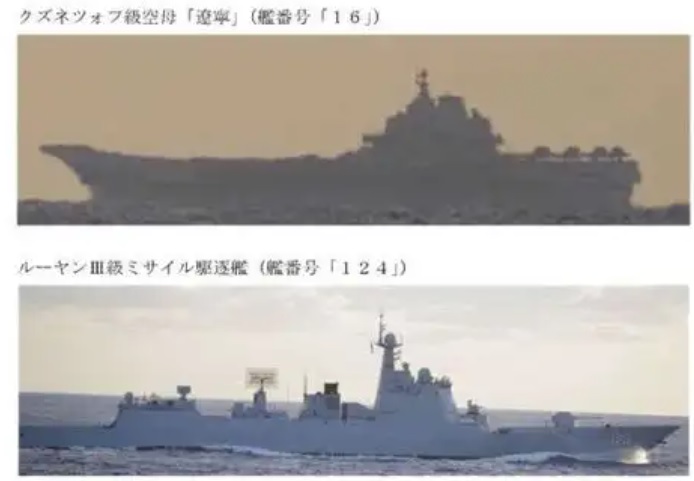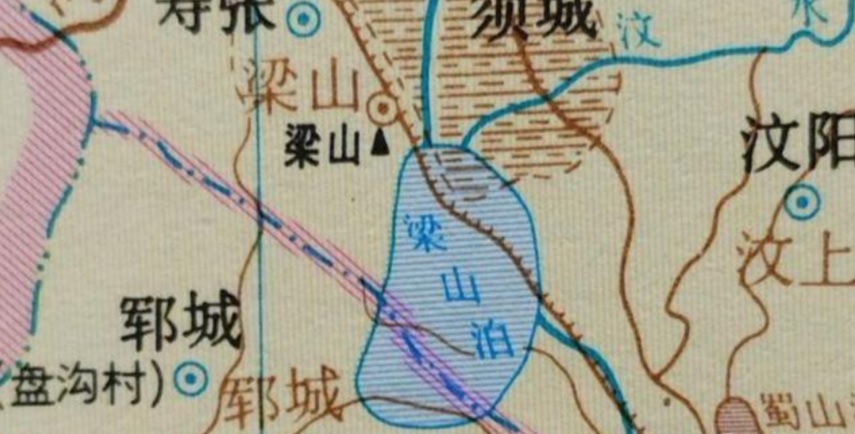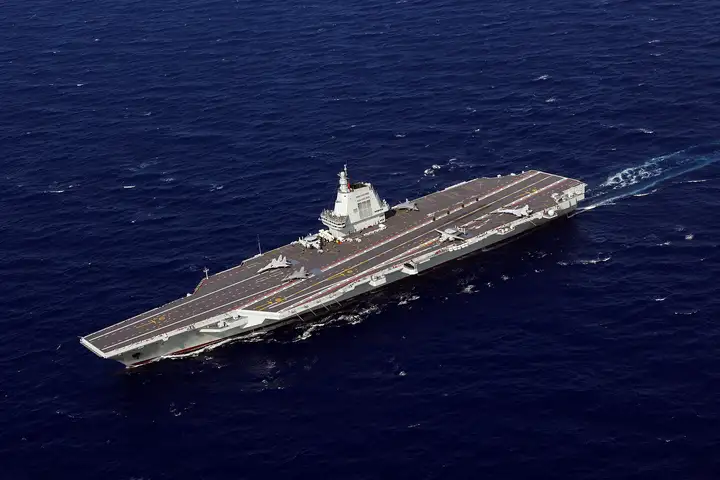Why can Zhu Bajie carry a rake weighing over five thousand jin but complain about luggage weighing less than two hundred jin?
Answer 1:
This is an excellent literary question, and it has been discussed by experts. The world-renowned literary critic Terry Eagleton addresses this issue in How to Read Literature. Eagleton argues: “Mixing the real with the unreal is a crucial technique in fiction, even though combining everyday and fantastical elements can lead to considerable incongruity.” Such examples abound in fantasy and mythological novels. Eagleton uses Harry Potter as an example: Once, Harry uses his wand to clean a dirty handkerchief to wipe an oven. Why didn’t he just use the wand to clean the oven directly? The reason for such issues is that even in surreal settings, authors want readers to recognize that the protagonists are real, living people who face scenarios similar to ours, with comparable problems to solve and similar worries and complaints. A fundamental rule of creation: Magic should appear where it’s needed but shouldn’t arbitrarily disrupt everyday life. Eagleton puts it well: If magic could solve all of life’s problems, there would be no narrative. Fiction blends fantasy with everyday reality, floating somewhere between realism and non-realism. Readers need to compare it to their own reality to appreciate the transformative power of magic. — How to Read Literature
Zhu Bajie can carry a rake weighing over five thousand jin because he is a character in a mythological novel. He complains about luggage weighing less than two hundred jin because the portrayal needs to stay grounded in reality, allowing the character to grapple with real-world frustrations.
The above explanation is from a creative perspective. From a reader’s perspective, there’s another interpretation. Undoubtedly, such arrangements can create logical disjunctions in reading, which is why Eagleton also mentions “considerable incongruity.” This can affect the reader’s sense of belief in the story, which is crucial. A lack of belief prevents readers from immersing themselves in the world of the novel. At this point, readers need to fill in the gaps themselves. A novel is not a one-way output from the author; it is a collaborative transmission of information between the author and the reader. The reader’s cognition, understanding, and imagination are vital to reading a novel (a classic viewpoint of reception theory). This is why some people feel nothing when reading a book, while others love it.
Why can Zhu Bajie carry a five-thousand-jin rake but complain about two-hundred-jin luggage? The novel doesn’t explain, but this doesn’t stop readers from adding their own interpretations. For example, from the perspective of the rake, you could argue that as a divine weapon, it has a “use mode” and a “carry mode.” When used, it weighs over five thousand jin, but when carried, it only weighs fifty jin. Thus, compared to the fifty-jin rake, the two-hundred-jin luggage feels heavier. Alternatively, from the character’s perspective, you could say Zhu Bajie uses magic to make the rake feel light, but if he were to do the same for the luggage, the magical consumption would be too great. So, Zhu Bajie uses magic to carry the rake but relies on physical strength for the luggage.
Similarly, the Harry Potter example can be understood this way: Perhaps cleaning the oven with a wand is more difficult, requiring advanced magic that Harry hasn’t mastered, and he might end up making a mess. Cleaning a handkerchief is much simpler. With such unique interpretations, one might feel like a genius. While this may seem like rationalization, fiction is essentially about rationalization. As long as the author or reader can find a logical basis or symbolic meaning in reality, a living person can turn into a beetle. A good work doesn’t need to cover everything; a good author leaves room for readers to fill in.
The other side of this question reflects the relationship between the author and the reader—how they collaborate to complete a novel.
PS: The two points mentioned above—”grounding in reality” comes from the literary theorist Eagleton, while “reader supplementation” is my own thought. Eagleton only mentions that this technique may create incongruity but doesn’t say how to resolve it.
Answer 2:
The power system in Journey to the West isn’t actually broken. Classical mythological novels differ from modern fantasy and cultivation novels. In modern systems, mastering one skill means mastering all—excel in one area, and you excel in all. Journey to the West isn’t like that.
A character’s combat power can consist of the following components:
- Personal martial skills
- Profound magical power
- Innate supernatural abilities (on par with the above)
- Magical weapons and equipment
- Servants like guardian deities/mounts/guardian spirits to compensate for weaknesses
For example, Sun Wukong has exceptional personal martial skills, top-tier in Journey to the West. He has never been bested in martial combat, at worst achieving a draw. He possesses deep magical power—enough to move mountains but not part seas. In terms of magical power, he is stronger than most deities but far inferior to first-tier figures like Guanyin or Buddha. It’s worth noting that abilities like moving mountains and filling seas aren’t achieved through physical strength but through incantations, directly tied to the depth of magical power.
His innate supernatural abilities are extreme: Fire Eyes (with pros and cons), Indestructible Body, extreme speed, etc. However, these innate abilities aren’t the strongest in combat, as seen in his repeated defeats by figures like the Nine Spirits Sage, Zhen Yuanzi, and the Scorpion Spirit. Moreover, innate abilities have irreversible counterrelationships.
Magical weapons and equipment need no elaboration. During the havoc in heaven, he had a full set of divine gear. After being suppressed under Five Finger Mountain, he only had three items: the Golden Cudgel, the Tight-Fillet, and three life-saving hairs. Thus, Sun Wukong often suffers defeats due to lacking in this area.
Lastly, in terms of guardian deities or mounts, Sun Wukong’s official rank isn’t high enough, so he has none.
Now, analyzing why Zhu Bajie complains about carrying luggage: Without using magic or incantations, Zhu Bajie is just an ordinary person. In Gao Village, he plowed fields equivalent to dozens of people and had a massive appetite, capable of eating a village poor. If he doesn’t eat enough, he can’t exert strength. Why not use magic to plow? Perhaps there’s no such spell, or magical consumption is harder to replenish compared to physical strength.
He doesn’t find the rake heavy because高级法宝 (high-level magical weapons) in non-combat mode have low consumption once “unlocked.” Similar logic explains why demons and monsters cultivate human forms—human forms have lower consumption and faster cultivation speed. If the Bull Demon King always stayed in his true form, his consumption might outweigh replenishment, and he could devour an entire world in no time.
Zhu Bajie falls into this category: average martial skills, high innate consumption, great physical strength. The Nine-Tooth Rake, as a top-tier magical weapon, might consume less magic than carrying two hundred jin of luggage. As for keeping a guardian deity to carry his luggage—aside from whether he can afford one—he is himself Tang Seng’s guardian deity.
Similarly, these five aspects cannot all be perfected. Those with high status and wealth can afford guardian deities but usually lack personal martial skills, though they have many magical weapons. Those with exceptional personal martial skills are often kept by higher-ups as guardian deities, temporarily borrowing magical weapons to exhibit immense combat power. Only figures like Zhen Yuanzi, who are marginalized, can achieve balance in all five aspects, though not necessarily top-tier in each.
Answer 3:
It’s simple. In the original Journey to the West, Zhu Bajie always carries his rake tucked in his clothes.
This means when Zhu Bajie is carrying the luggage, his load is the 5,048-jin rake plus the 200-jin luggage.
But the rake is his life-saving tool, so he can’t complain about it.
So he can only complain about the 200-jin luggage!
Answer 4:
In ancient mythological novels, divine and ordinary identities are split. Essentially, ancient authors wrote about people even in mythological settings. Most mythological characters have two states: a divine state where they can carry mountains and chase the moon, omnipotent; and a non-divine state where they are just stronger ordinary people—they get hungry, tired from walking.
Zhu Bajie, before reaching Ling Mountain, sees a single-plank bridge and his legs go weak. He clamors to cross on clouds. This is identity split: capable of riding clouds but unable to cross a single-plank bridge.
Answer 5:
As a mythological novel, all characters in Journey to the West have both human and divine aspects.
The rake weighing thousands of jin, wielded effortlessly by Zhu Bajie, reflects his divine nature.
The luggage weighing over two hundred jin feeling heavy to him reflects his human nature.
Answer 6:
In simplest terms:
The rake is his own—he can’t push it onto others.
But the luggage belongs to everyone—there’s a chance he can push it onto someone else.
It’s like this guy I know, in his fifties, who is extremely perfunctory at work.
Ask him to do anything, and he claims he’s unwell, busy, etc.
Lately, it coincided with the senior engineer application, and he is qualified.
He became incredibly lively and energetic.
Answer 7:
Sun Wukong isn’t afraid of Samadhi True Fire, but at Flaming Mountain, he burned his hand on hot cake. Because the plot environment differs, and character settings change. In everyday, humorous scenarios, they are no different from ordinary people—they get hungry, tired, and feel pain. When fighting monsters, they revert to their original settings.
Answer 8:
The master rides a horse, the senior brother walks empty-handed, and I’m the only one carrying the load. Even if it were 20 jin, I’d complain it’s heavy, let alone 200 jin.





Alright, 777tezgame. It’s a game alright. Play it, don’t play it, your call. Just thought you should know it exists! 777tezgame
Been messing around on 585bet2 lately. Nothing crazy, but it’s a good way to kill some time. Site’s easy to navigate, which is something I appreciate. Give it a spin 585bet2.